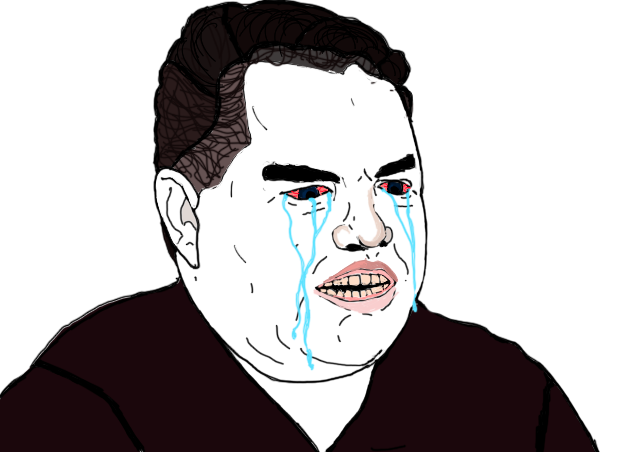But then again, cinematic TV series are as popular as ever. Shows like Ozark, Game of Thrones, Stranger Things, etc, are as popular as ever and they require you to sit down and watch 45 minutes or up to an hour of film at a time that is shot exactly like a movie. So I think it might just be that all the effort and talent in the industry is just being put towards major TV shows now
Long form narrative is unfashionable. Even commercial free TV is bound by market constraints in a way which guarantees it A) must be safely consensual, and B) has to be digested context-free in readily digestible chunks. It's cultural junk food.
Because everyone confuses long form vs. short form as a matter of length (as if wasting 20 hours on junk is more nourishing than only 2) we have these much talked about season/series-long "arcs" that shows employ (with tiny episodic ones resolving in 45 minutes supposedly being reflections of the ultimate larger arc) but if you watch these things lucidly you'll realize how utterly bankrupt and simple they are (indeed, have to be) because of how they are consumed; they have to be a certain length to keep running, with the equation backwards, they're not the length they are because they're furled out as themselves but because they have to meet standardized chunks, and do so (if successful) for many years on end. It's the same reason McDonald's also sells chicken and fish.
also, TV has certain conventions unique to the medium, the most constraining being the need to break the narrative so as to capture the viewer for ads, but even when the channel does not demand those breaks, the narrative still usually conforms because that is how we have learned to relate to that screen. (There are other restrictions as well, having to do with how shots are blocked and edited. These come from the size of the screen and suppositions of how our eyes move and attention is managed.)
So most TV is and some can only ever be short form. The introduction to season long arcs formed when market forces wanted to increase viewer loyalty by providing rewards for watching each episode (Sopranos, the Wire, and Arrested Development were major leaps in this). One common device is to have story lines that continue and develop over many weeks. Almost always, these are just more short form narratives thrown into the mix with the requisite two short form stories that are wholly contained in each episode. If you parse out the stories, you will find that though these stories can be complex and sometimes convoluted, they never escape the confines of the static situation in which they exist.
Short form is all about giving the viewer a situation, within which things happen and agents interact. It engages; it can produce twists, (though big surprises are uncommon). The audience enters in easily and experiences, but the world surrounding and governing the situation is static, this is why so many TV and movies are so thoroughly hollow right now. The actual length is irrelevant, (the average show is 10x longer than a movie) what matters is the ease in which one can engage with it.
Because short form is so prevalent (as it is easier to create AND consume), people have come to prefer it because though the rewards are relatively trivial it doesn't;t cost the viewer anything. This is the cultural diabetes showing. It's the reason no one can have a reasonable discussion on anything of any weight without mocking or la-la-ing like an incessant child anymore, for example.
Long form on the other hand, shares similar methods of delivery with short form but all similarities stop there. Any trek through long form has at least one explicitly acknowledged platform for the viewer/reader that is outside of the situation of the story proper. This is a requirement (occasionally mimicked by short form -- but in motion only). Here the viewer can use (based on the promptings given by the artist) this platform to see the dynamics of the world of the story as well as to visit its surrounding situation or cosmology. This allows the viewer to hold two stances at the same time.
The historical precedent is in the stories told a few millennia ago (some are probably much older) where there're literally two worlds: the world of humans where things
just happen and the world of gods which we see and where certain dynamics are revealed (the cosmology becoming the most important part). Usually those are causal dynamics explaining why things happen the way they will in the human lives. It's the reason the Bible and Star Wars still hold such sway over people.
Kubrick was a master of this with one example everyone knows being
The Shining, where King got huffy when his simple short form story with clear, static dynamics, was turned into a long form where by the end we know only some of what has happened and only some of why, (and those little bits depends on our skill as viewers/world-builders).
Long form is the reason things like The Thing from 1982 is so damn re-watchable and most everything else isn't.

